Talking about PHP, i would like to ask if there is a difference in performance between these two:
$name=($IsBoy)?"George":"Mary";
vs
if($IsBoy)
{
$name="George";
}
else
{
$name="Mary";
}
Will these two result to different opcode?
If yes, Would be any theoretical difference in performance? (of course ignore the time that these two needs to be read / compiled / interpreted)
If, yes, then do optimizers like zend optimizer take advantage of this and do any re-arrangements automatically?
p.s. if you believe that my code for the "full-longhand" if-then-else is too complex, please provide an example of the most basic code and answer on that.
UPDATE:
I hoped the question is perfectly clear, but it seems people do not get the message. This question is about the THEORETICAL (...yet real and mesaureable) difference in performance (thats why i applied bold and italic in theoretical). Please do not answer by saying what programming style is more readable and that this is too nitpicking to worry about performance.
p.s. 2: by giving emphasis to the word theoretical i try to prevent answers of the type "don't worry its not worth the trouble, its just nanoseconds."

